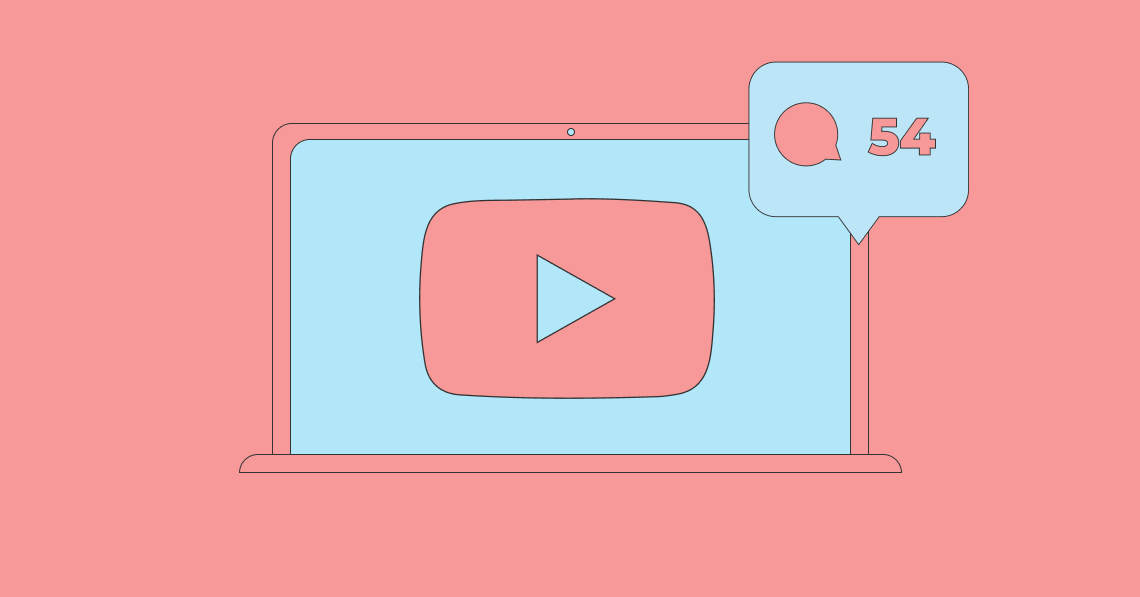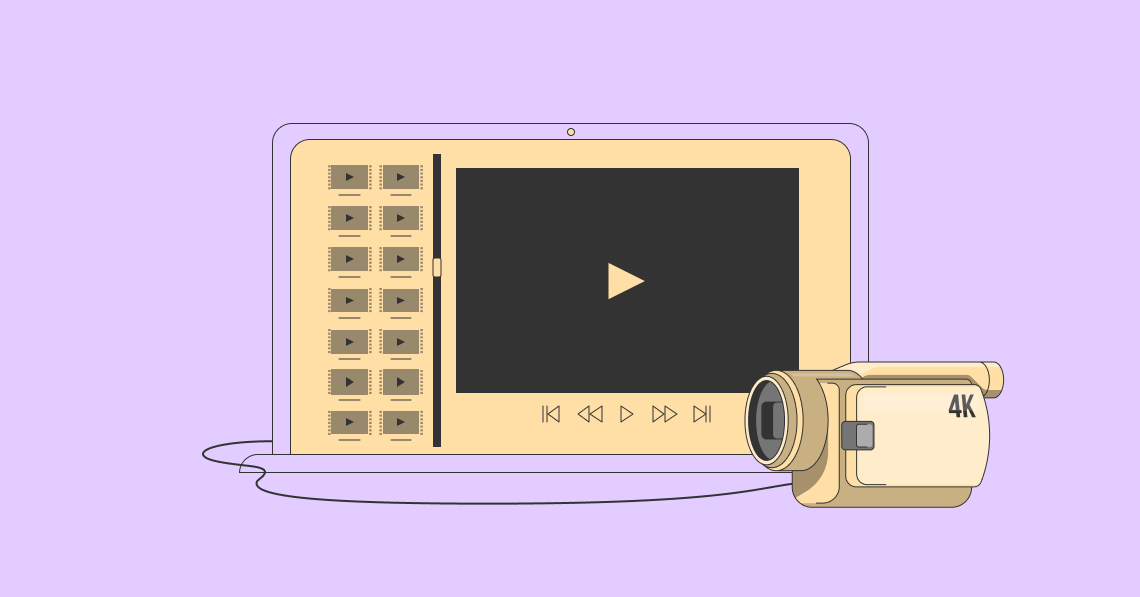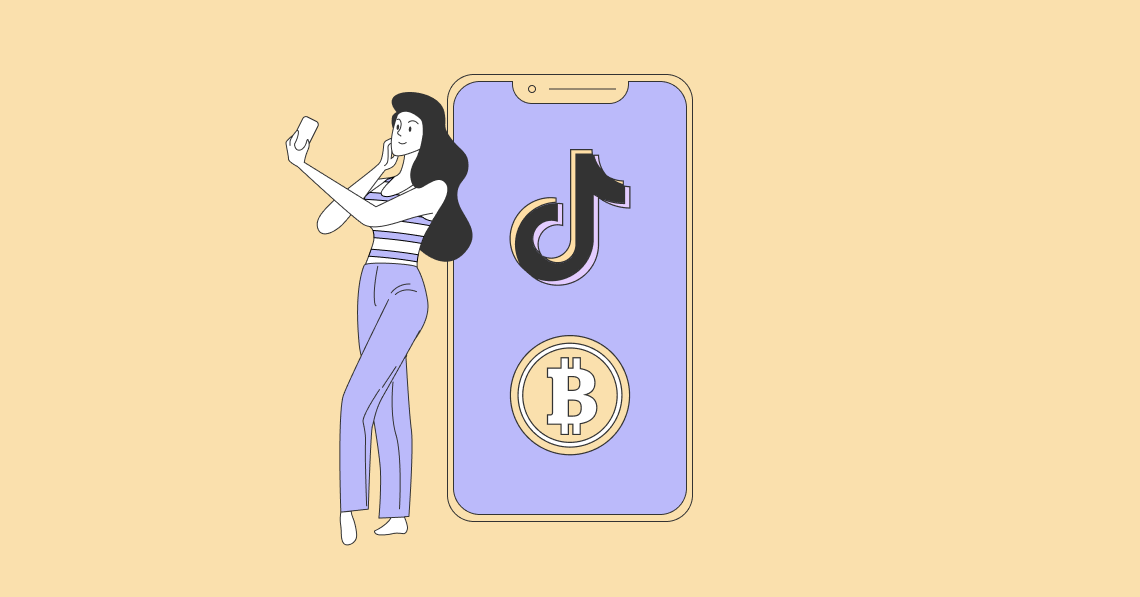Most of us grow up somewhat in awe of celebrities. Maybe we get to love them on the cinema screen, or on the smaller, but closer-to-home, television screen. Perhaps we rave to their music. Whether we are a Baby Boomer, a Generation X or a Generation Y (or even one of the few still left from the Silent Generation) we have our favorite celebrities, who we look at in awe, not to mention often barely suppressed jealousy.

What is a celebrity?
Most dictionary definitions are somewhat vague. For instance, the Collins English Dictionary definition of a celebrity is “a famous person – a show-business celebrity.” The Vocabulary.com definition goes one better, describing a celebrity as “a very famous person.” Yet there are undoubtedly many famous people (perhaps even very famous people) who would not typically be considered celebrities. For many years Forbes has published a list of the 100 highest-paid celebrities of the year. It’s interesting to observe who they consider to be a celebrity. Its2016名人排名前100名Taylor Swift as the queen of the celebrities, raking in $170 million dollars over the previous year.
那么福布斯如何提出其名人100呢?“为了确定名人100,《福布斯》评估了整个娱乐世界中的前摄像机人才 - 从好莱坞到宝莱坞的伊多(Idols)与瑞典足球明星和美国篮球运动员一起出现 - 创造了真正的国际名单。”当您查看他们的列表时,您会发现他们通过好莱坞,音乐,体育和其他人过滤了名人。被归类为“其他”的名人来自各种流派,包括霍华德·斯特恩(Radio),凯文·哈特(Kevin Hart),凯文·哈特(Kevin Hart),菲尔·麦格劳(Phil McGraw)博士(脱口秀)和詹姆斯·帕特森(James Patterson)(书籍)。
这些名人中有一些已经持有这种状态,尤其是那些婴儿潮一代在旁边长大的名人。保罗·麦卡特尼(Paul McCartney)在福布斯(Forbes)的2016年榜单上仍然排名第25位,这是甲壳虫乐队不可或缺的一部分,五十多年来。考虑到媒体近年来媒体的关注位置,这可能会让许多人惊讶,这是一个比贾斯汀·比伯(Justin Bieber)的位置高的地方。但是,在名人影响世界中,有不同的隆隆声。名人可能主要来自好莱坞世界(电影和电视),音乐和体育(有一些“其他”来弥补数字),但是当涉及到最年轻成员的忠诚时,似乎有一个根本的改变我们的社会。
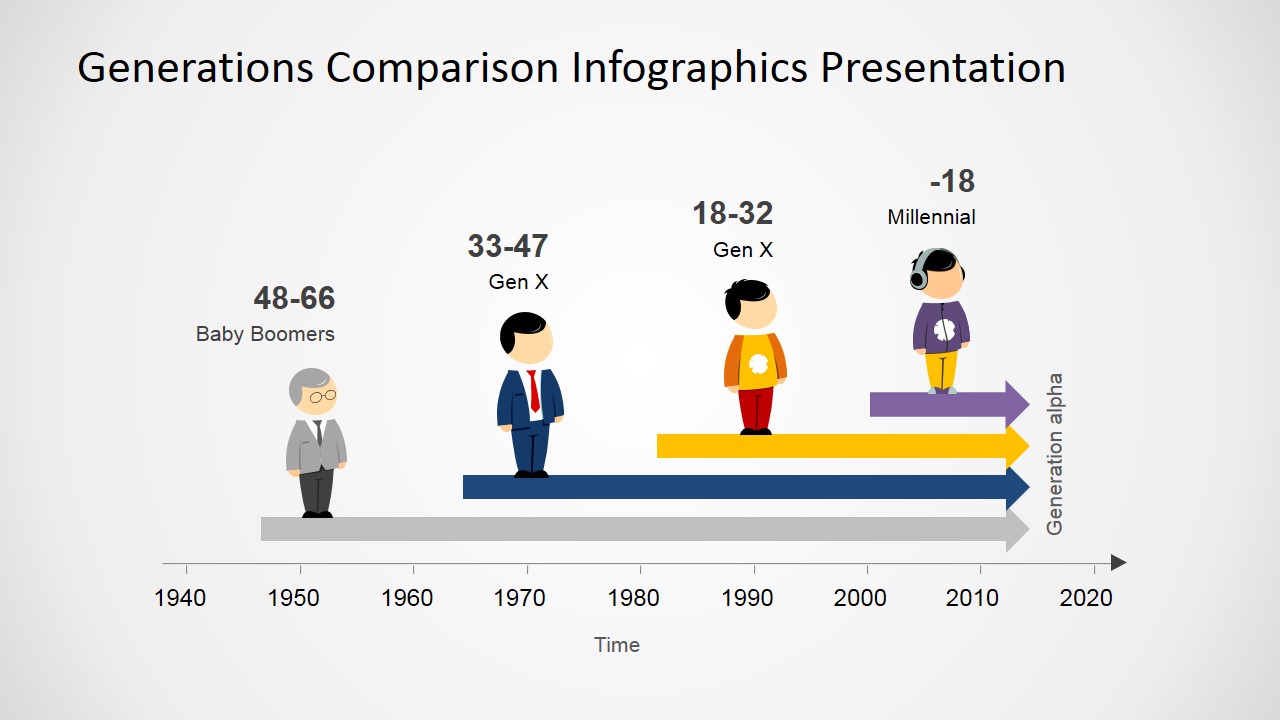
资料来源:Slideshare
The younger a generation is, the more fluid the definition and name of that generation seem to be. Everybody knows that a Baby Boomer is. The concept of who belongs to Generation X is almost as solid. It took some time for the moniker Generation Y to stick (these guys were once known as Boomers or Millenniums), but most people generally accept that Generation Y consists of those born from about 1980 to 1994.
The next generation, those born from about 1995 – 2012, are most frequently known nowadays as Generation Z. According to the WJ Schroder website, these tweens and teens number 23 million in the United States. It appears that they are quite different from their forebears in many ways. One of these ways is how they consume their entertainment. The current teenagers are the first generation to have had the Internet available from a very young age. They have never known the world without the Internet. Most of this generation have had their own cellphone since a young age. Easy access to this technology has become the norm for Generation Z. Most of them have had a portable entertainment device in their pocket from a very young age.
This means that Generation Z has distinctly different patterns of media consumption compared to older generations. Which must bring into question, how many of Forbes 2016 celebrities will remain dominant in the future, as Generation Z ages and becomes more of an influence In the marketplace? Will younger celebrities on the list, such as One Direction and Justin Bieber, still be on the list in 50 years, as Paul McCartney is now?
It is perhaps unfair to focus on musicians. You can clearly see from Forbes’ list that musicians targeting young fans are still very successful celebrities. The sports celebrities, probably still appeal to youngsters as much as they always have, and there is no evidence that sporting teams are going to lose their fans anytime soon. James Patterson, Steven King, and a few others show that authors can still keep celebrity status in this electronic age. J. K. Rowling may not be on the most recent Forbes list, but she is still a celebrity to many of Generations Y and Z.
The biggest category of celebrity which may see a change in the future is Hollywood: television and movie stars. The last year seems to have provided more news about movie star marriage breakups than it has about true glamor and glitz. Generation Z clearly looks at entertainment differently compared to older generations. This is particularly obvious when you look at television viewership. There has been a tremendous change in traditional television in recent years. As noted in The State of Traditional TVL Q2 2016 Update, “between 2011 and 2016, Q2 traditional TV viewing by 18-24 year-olds dropped by more than 9 hours per week, or by more than one-and-a-quarter hours per day”. They added, “in the space of 5 years, almost 40% of this age group’s traditional TV viewing time has migrated to other activities or streaming”.

Another interesting statistic in this report was that just 78% of 18-34 year-olds watch television, compared to 88% for all adults on average. Think about that for a second. 22% of 18-34 year-olds do not watch traditional television at all. Traditional television stars have no celebrity status to these people at all.
[bctt tweet="22% of 18-34 year-olds do not watch traditional television at all" via="no"]在观看电视时,几代人之间存在明显的分歧。在过去的五年中,Z世代将其传统电视观看量减少了36.2%。在同一时期,Y一代将传统电视观看量减少了25.6%,X一代减少了12%,而婴儿潮一代则低于65岁以下的婴儿潮一代相对较小的1.9%。在同一时期,超过65岁的人将传统电视观众收视率提高了5.1%。
当然,YouTube并不是所有这些观众迁移的唯一地方。大部分更改可以通过流媒体视频的大量增加来解释。德勤(Deloitte)的一项调查显示,有78%的19-25岁儿童观看了至少一项流媒体视频服务。有趣的是,其中37%的人也使用流媒体音乐,因此这也可能是对音乐行业未来的警告。
Variety Magazine has clearly noticed a difference in the way that Generation Z views screen celebrities. They commissioned a survey in July 2014, to determine who American teenagers believed were the biggest celebrities in film, TV, and music. They repeated the survey a year later. The two surveys (which showed consistent results) produced a very surprising result. YouTube stars are more influential than traditional celebrities, for teenagers.
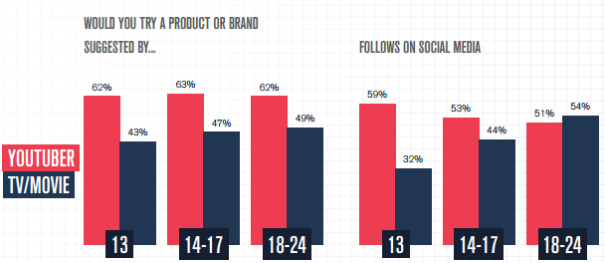
The teenage respondents to the 2014 survey evenly named ten YouTube stars and ten traditional Hollywood film/television stars as their top 20 celebrities. However, the results were nowhere near as close as that sounds. YouTube stars, Smosh, The Fine Bros, PewDiePie, KSI and Ryan Higa, held the five top positions. The recently deceased (at the time of the survey) Paul Walker was regarded as the favorite traditional celebrity.
youtube用户的影响青少年的调查职责ondents showed up as being even more marked the following year. The 2015 poll was led by YouTube stars KSI, PewDiePie, VanossGaming, Nigahiga, Smosh, and Markplier. The Fine Bros and Jennas Marbles also made it into the Top 10 Celebrity list. Only musicians, Bruno Mars and Taylor Swift could represent traditional celebrities in that Top 10. In 12th position, Morgan Freeman was the highest ranking actor to meet Generation Z’s celebrity approval. It is important to remember that these statistics are simply views about relative influence by a sample of interviewed teenagers. They did cover a variety of areas of influence, though, and it is clear that the teens felt that the YouTube stars were more engaging, extraordinary and relatable than the more traditional stars.
同样重要的是要意识到,与电影和电视部门相比,音乐领域的痛苦量少于Z世代的支持。《综艺》杂志的调查集中于有影响力的观众如何相信特定名人。他们不考虑订阅。许多最大的YouTube频道实际上是特定音乐家的官方VEVO音乐频道。贾斯汀·比伯(Justin Bieber)的YouTube频道有2400万订户,蕾哈娜(Rihanna)的2300万次,一位方向和泰勒·斯威夫特(Taylor Swift)都有2000万订户。相比之下,总体订阅的渠道最多的是Pewdiepie,拥有4800万订户。
尽管这些数字看起来很健康,但它必须remembered that these channels contain these artists’ official music videos, which today’s teenagers watch for free. Previous generations purchased CDs or records to gain their music fix. While there has been an increase in legally paid music downloads in recent years, many more teenagers are happy to watch these YouTube channels. But there is an even more fundamental issue at play here, which is probably the reason that so few musicians show up as influencers in Variety’s surveys. You don’t need a professional recording studio and a contract with a major music company to make music that everybody can see. If you have any musical talent at all, you can make and upload your own video to YouTube. Generation Z loves to hear and share its own music.
Indeed it is this urge to create that is probably the reason behind YouTube’s massive success. As much as both the music and film industry moguls feared that viewers would use YouTube to watch pirated licensed films and music for free, the real success of YouTube has been people creating and sharing their own “stuff.” YouTube video creators make a real point of being all-inclusive with their fans. It is not just a case of shooting a video, uploading it and hoping people will watch it. The successful content creators on YouTube deliberately try to engage their audience. Of course, it is much easier to engage an audience who are using a computer, tablet or smartphone than it is those passively watching on a television or cinema screen.
The most active YouTube creators create communities of fans. They interact with and listen to these fans. As a result, the fans feel a real connection to their YouTube celebrities. This connection is unlike any relationship with old-style traditional celebrities. As much as a Generation X or Baby Boomer may worship an A-list Hollywood celebrity, there will always be some form of gap; a lack of close empathy or community. It is difficult to feel an affinity with a movie star living the Hollywood lifestyle, who you know you will never talk to.
According to those Variety surveys, teens feel they have “an intimate and authentic experience with YouTube celebrities.” The younger the generation, the more cynical they are about PR-created, sanitized star images. If there is one industry that should be scared as today’s teenagers mature and age, it is the PR industry. Generation Z learned to see through PR hype before they were barely out of diapers.
Every previous generation has challenged and rebelled against their parents. Since the arrival of the Baby Boomers, this rebellion has mainly been with music. The generation who shocked their parents with Elvis were in turn shocked by the Sex Pistols. Those kids who played their Sex Pistols records were shocked when their kids brought home Eminem CDs.
A problem that Generation Z has found is that the music companies have improved their marketing of music to older generations in recent years. Every generation from Baby Boomer onwards still likes their music. With Generation Y growing up with profanity-filled rap, where can Generation Z go that will shock their parents? They can’t. Thus they have moved this generation’s culture in other directions.
Z一代已经为他们的YouTube超级巨星建立了强烈的情感依恋. Not because they are unusually talented. Not because they sing beautifully, or act skillfully. Not because they are extraordinarily pretty or handsome. And definitely not because a huge publicity machine tells teenagers that they should like the YouTube superstar. They have this emotional attachment because they can see people much like themselves. Often these people may be a ruder, cruder cardboard caricature of what they would like to be, but they are still a version of themselves.
显然,传统名人的日子已经编号。YouTube名人逐渐变得越来越有影响力。营销人员和其他试图挂在名人的外套尾巴上的人不能忽略这一点。如果他们这样做,他们将逐渐消失无关紧要。



